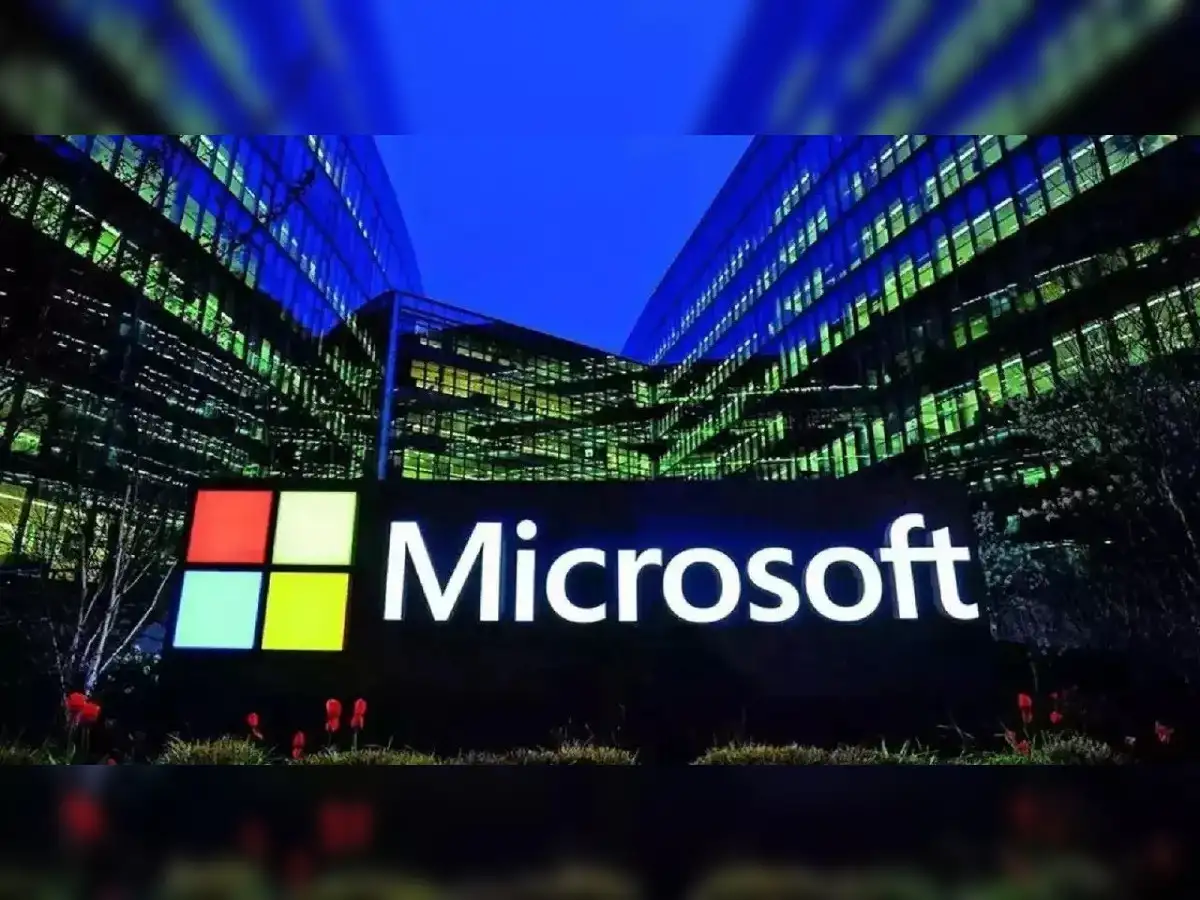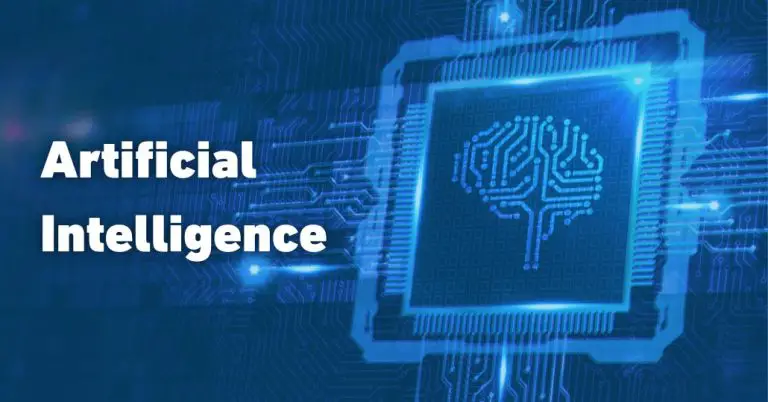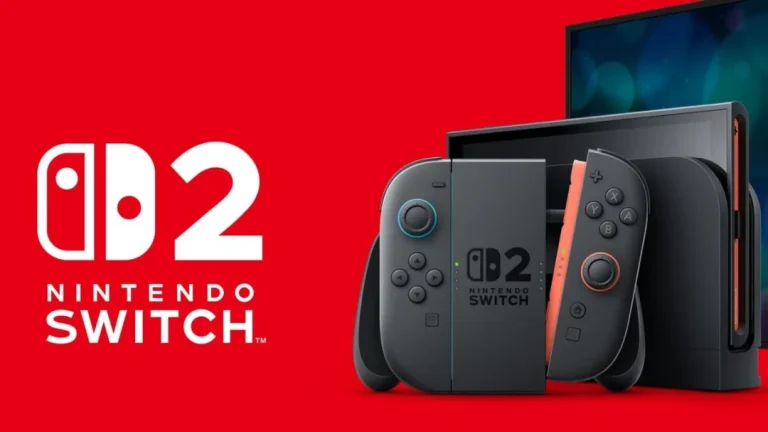
Microsoft is looking ahead to a future where artificial intelligence (AI) systems-called “agents”-from different companies can easily work together and remember what they’ve done in the past. This vision was shared by Kevin Scott, Microsoft’s Chief Technology Officer, just before the company’s big annual developer conference, Build 2025, in Seattle.
Making AI Agents Work Together
Right now, most AI agents are built to work on their own or only with other agents from the same company. Microsoft wants to change that by supporting open standards that let agents from different companies communicate and collaborate. For example, one company’s AI could fix a software bug, while another company’s AI could handle customer support, all in the same workflow.
To make this possible, Microsoft is backing a technology called the Model Context Protocol (MCP). MCP is an open-source protocol originally introduced by Anthropic and supported by Google. It’s designed to let AI agents share information and work together, much like the way the internet grew thanks to common standards like hypertext protocols in the 1990s. Microsoft is also supporting Google’s Agent2Agent (A2A) protocol, which allows AI agents to exchange goals and actions across different clouds and platforms. This means developers can build complex workflows that use AI agents from multiple companies, making software more flexible and powerful.
Improving AI Memory
Another big challenge Scott highlighted is memory. Most current AI agents only remember what’s happening in the current conversation-they don’t keep track of past interactions very well. This makes them feel “transactional,” meaning they handle one request at a time without understanding the bigger picture.
Microsoft is working on a solution called structured retrieval augmentation. Instead of trying to remember every detail (which would be expensive and require lots of computing power), this approach lets AI agents save short, important summaries from each conversation. Over time, these summaries create a kind of roadmap of what’s been discussed, helping the AI remember key points and provide better responses in the future. This method is inspired by how human memory works-we don’t remember every word of every conversation, but we do remember the main ideas to help us in the future.
Other articles you may find interesting
Why Does This Matter?
If Microsoft’s vision becomes reality, AI agents from different companies could work together more easily, making technology more useful for everyone. For example, a business could use AI agents from different vendors to automate everything from scheduling meetings to managing inventory, all while keeping track of what’s been done and what needs attention next.
The market for AI agents is growing fast. A recent survey found that 65% of companies are already experimenting with AI agents, and this segment is expected to grow from $7.84 billion in 2025 to over $52 billion by 2030.
Summary
- Microsoft is also developing advanced memory management tools like Mem0, which help AI agents efficiently store and retrieve key information from past interactions.
- The company’s Azure Cosmos DB provides a high-speed, scalable database solution for AI agent memory, allowing agents to access and use information quickly and reliably.
- Microsoft has introduced new frameworks like CoRAG (Chain-of-Retrieval Augmented Generation), which help AI agents find and use information more intelligently by refining their search and reasoning processes in multiple steps.
In summary, Microsoft’s efforts aim to make AI agents smarter, more collaborative, and better at remembering what matters-paving the way for a future where AI can handle more complex, real-world tasks across different companies and platforms.






Simple, effective, and full of good insights. Thanks for
the great article!